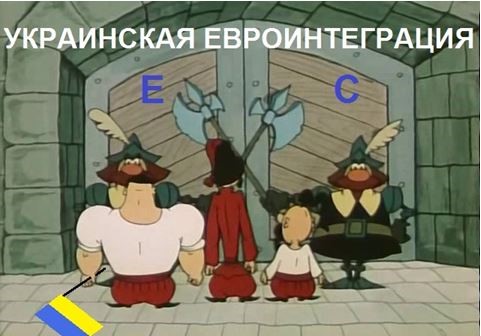The Belovezh Accords – A Warning from the Dacha
By Lisa J Walters, on 7 April 2022
Author: Pippa Crawford, MA Russian Studies
On 8 December 1991, six men met in a hunting lodge in the ancient forest between Poland and Belarus. There they signed the Belovezh Accords, triggering the collapse of the Soviet Union. The signatories were the Presidents of Russia, Ukraine and Belarus, and their respective prime ministers, with the leaders of the other Soviet republics conspicuously excluded from the dialogue. Whether or not the Belovezh Accords were legal remains difficult to prove, as the original document was destroyed. There are persistent rumours that none of the leaders came to the dacha with a coherent plan for the future of the Union, and that whiskey and vodka were involved. One thing is certain – the events of 8 December sent shock waves across the Soviet region, the effects of which are still palpable today.
 Close
Close





